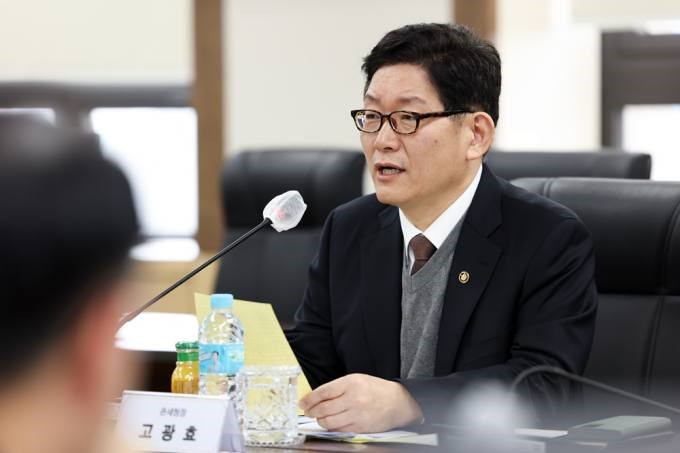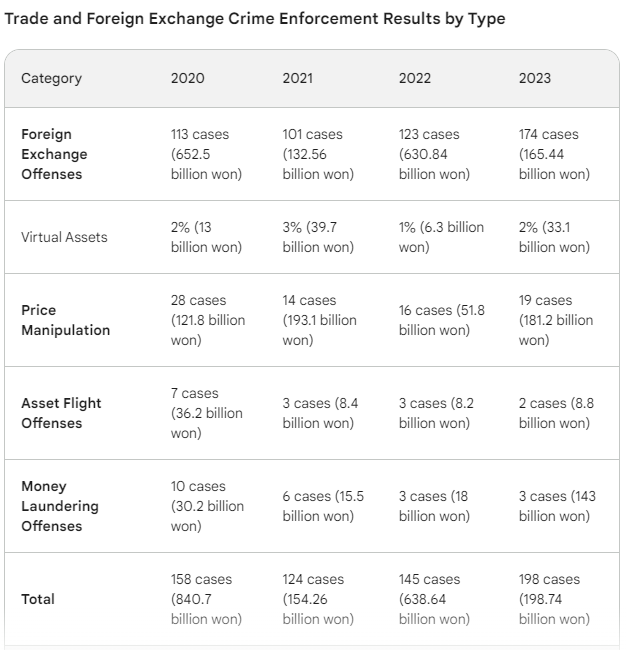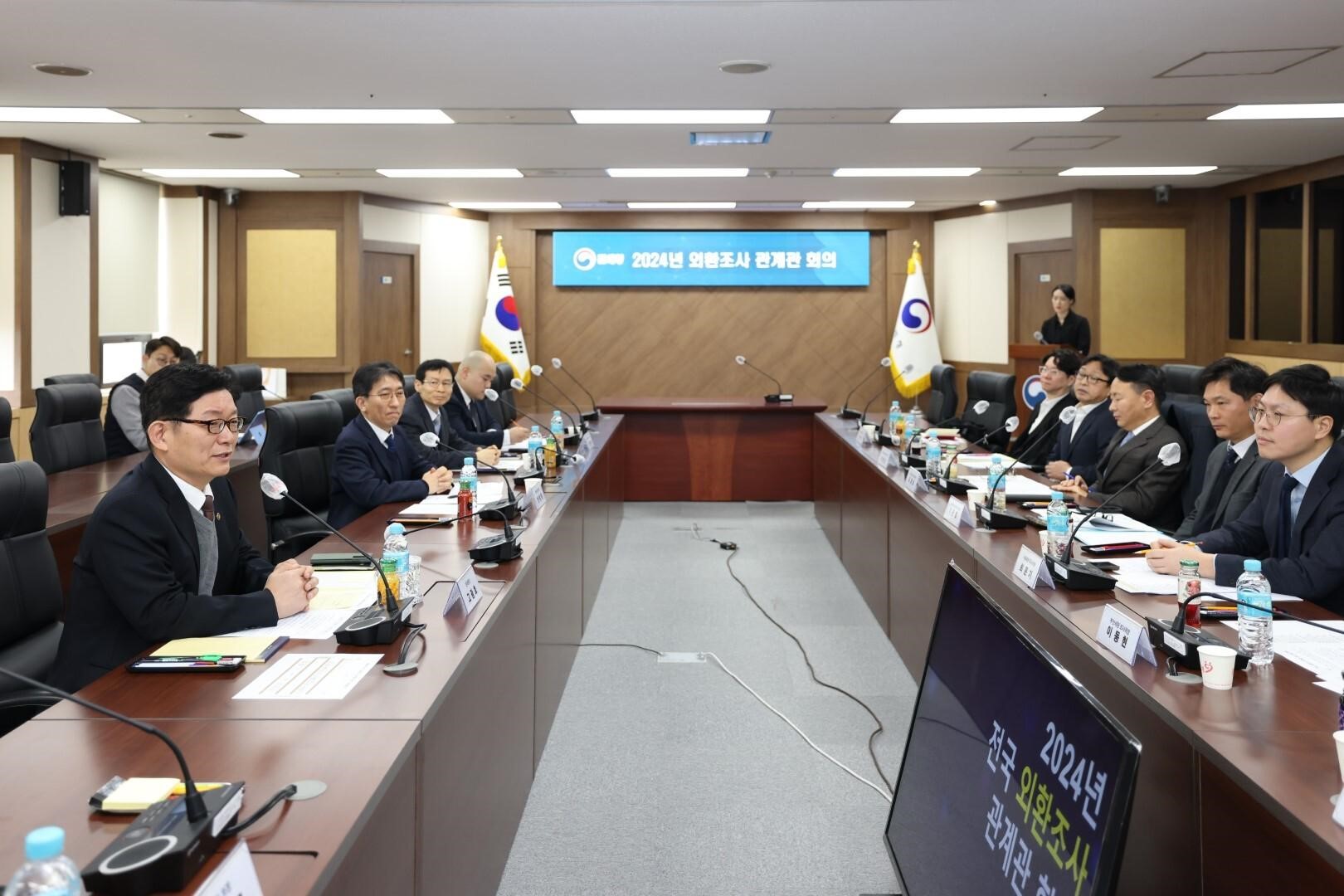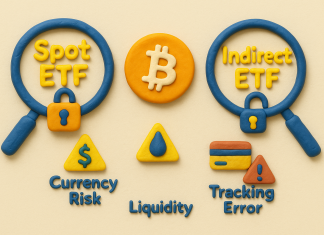
The Korea Customs Service (KCS) has established a dedicated response team and developed a systematic crackdown plan to strengthen its response to trade and foreign exchange crimes utilizing virtual assets. This move comes as illegal activities such as the concealment of trade payment processes, tariff evasion, and manipulation of import and export prices using virtual assets have been on the rise. At the ‘2024 Trade and Foreign Exchange Crime Countermeasure Conference,’ the KCS announced plans to expand the scope of its crackdown on virtual asset-related illegal activities and enhance its response capabilities.
Last year, crimes related to virtual assets accounted for 88% of all foreign exchange violations, indicating a sharp increase in the proportion of virtual asset crimes. In response, the KCS has formed a ‘Virtual Asset Crime Response Team’ to focus on monitoring and cracking down on various illegal activities, including foreign currency transfers for arbitrage transactions using virtual assets, concealment of trade payment processes, and manipulation of import and export prices. The response team will oversee the entire process from information collection and analysis to investigation, specifically targeting virtual asset-related crimes.

Additionally, the KCS plans to strengthen its monitoring of virtual asset transactions by collaborating with financial authorities to obtain domestic and international virtual asset transaction records. This involves establishing a close cooperation system with overseas customs authorities, such as Hong Kong, and obtaining transaction details from virtual asset exchanges to analyze them. These efforts aim to effectively block trade and foreign exchange crimes using virtual assets and to strictly deal with tariff evasion and capital market disruption activities.
The KCS recognizes the spread of virtual assets as a significant challenge to the traditional methods of trade crime suppression and emphasizes the need to enhance its capabilities to respond to trade crimes mediated by virtual assets. By cracking down on illegal activities related to virtual assets, the KCS aims to prevent and deter trade and foreign exchange crimes that harm public livelihoods, threaten economic security, and jeopardize national finances.






![[JULY]New President, New Terms For Crypto Sector](https://coinhubkorea.com/wp-content/uploads/2025/07/ChatGPT-Image-2025년-6월-30일-오후-05_28_13-100x70.png)
